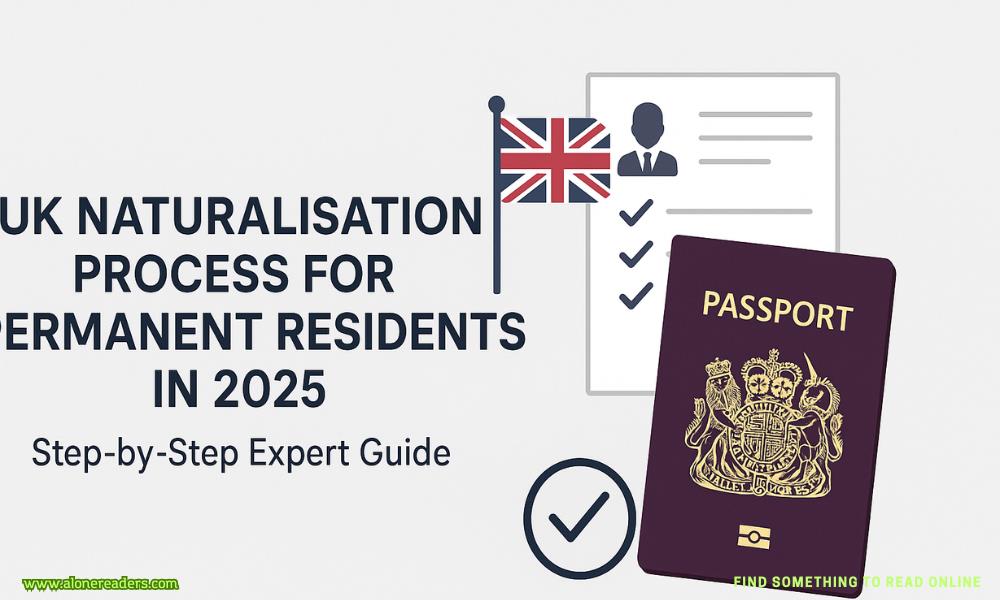
Naturalisation is the legal process by which a non-British adult becomes a British citizen. In 2025, the process has seen structural changes emphasizing residence clarity, digital efficiency, and language verification. This guide focuses specifically on individuals with Indefinite Leave to Remain (ILR), who are looking to naturalise in 2025.
Residency Duration
To qualify for naturalisation, a permanent resident must have:
Physical Presence Requirement
Good Character Requirement
English Language Requirement
Life in the UK Test
The Home Office strictly evaluates the documentation. Missing or ambiguous documents often delay processing. Required documents include:
Step 1: Online Application
Step 2: Fee Payment
Step 3: Document Upload and Biometric Appointment
Step 4: Application Review Period
Invitation and Booking
The Ceremony
Children and Dual Nationality
Automated Data Checks
Digital-Only Communication
Increased Fraud Detection
If Rejected
Correcting Errors
If refusal is based on document errors or misunderstood data, the applicant can request a review using the "Admin Review Request" online form within 14 days.
| Item | Details |
|---|---|
| Application Fee | £1,630 (non-refundable) |
| Biometric Appointment | Included in fee |
| Life in the UK Test | £50 |
| SELT (B1 English) | Around £150 |
| Document Translation (if needed) | £25–£75 per document |
| Total Cost Estimate | £1,850–£2,000 |
| Processing Time | 4–6 months on average |
| Ceremony Deadline | Within 3 months of approval |
Naturalisation is the final legal step in becoming a fully integrated British citizen. In 2025, while the UK government has digitised and streamlined much of the process, the expectations are now stricter—especially around digital records, tax history, and language skills.
Permanent residents must prepare thoroughly: ensure all documentation is accurate, language and life tests are passed in advance, and all history with UK authorities (immigration, tax, benefits, and criminal) is clean. By following these detailed steps, applicants can significantly increase their chances of a smooth and successful transition from permanent resident to British citizen.
Let citizenship not be an afterthought—but a carefully planned milestone in your journey of life in the United Kingdom.